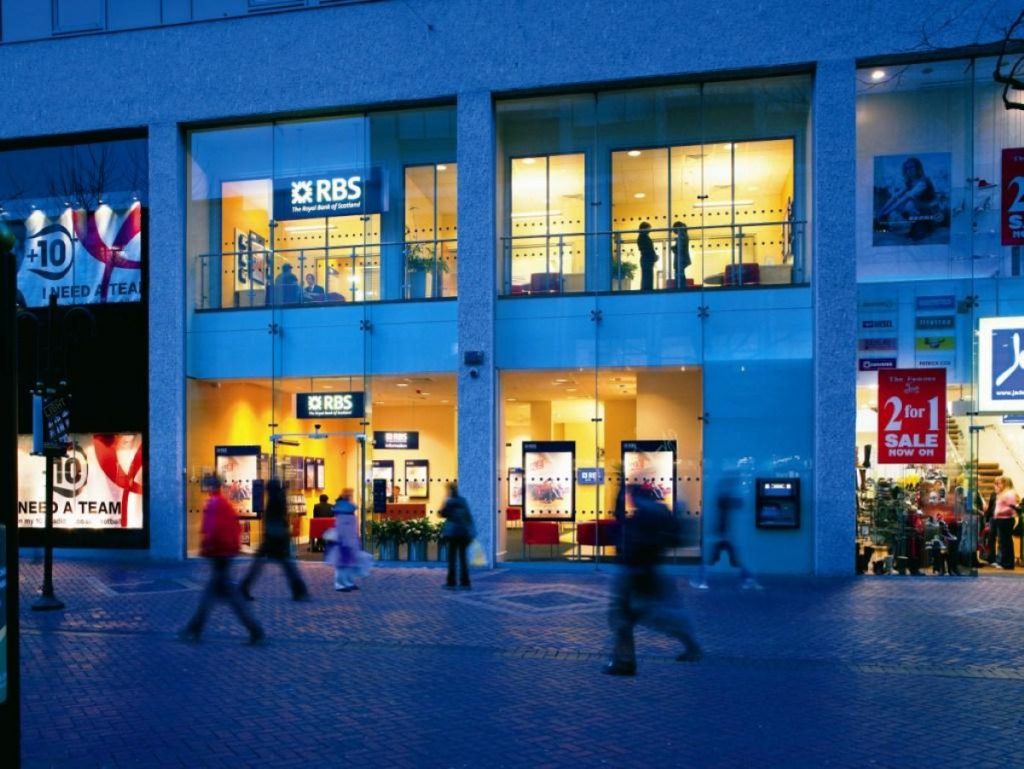Lib Dems propose bank share handout
Backbench Liberal Democrats have called for shares in two state-owned banks to be handed out to 45 million Brits.
The proposal would allow voters to sell their shares in RBS and Lloyds whenever they liked, maximising their profits above a ‘floor price’ which the government would retain.
Getting Your Share Of The Banks, a pamphlet published by the CentreForum thinktank and endorsed by the Lib Dem Treasury backbench policy committee, calls the idea a “radical alternative” to a conventional privatisation.


It would require a “huge public education campaign” to win over the four-fifths of the population who have never owned shares.
Treasury coffers would gradually receive the £66 billion paid out to prop up the ailing banks at the height of the 2008 financial crisis, rather than doing so instantly.
Most of the 84% of RBS and 43% of Lloyds shares would be distributed to the British public. Just over 21% of the stock would be sold to the market “to ensure that the market operates normally”.
An online platform would allow individuals to access information about their shares and conduct transactions.
But many would be expected to opt for automatic trading, in which the shares are gradually sold to maximise their return over an estimated period of two to three years.
“There is a general feeling in the country that we need to get something positive in return for the bailout,” Lib Dem MP Stephen Williams, launching the proposal, said.
“This pamphlet puts forward an idea for giving us all a stake in the banks, for HM Treasury to clear its debt and restore public confidence in the state owned financial institutions.”
Corporate finance advisers Portman Capital, who developed the idea of a floor price, said the measure would prevent the public losing money.
The pamphlet noted: “As the initial intrinsic value is comparatively small and the potential increase in value is large, this structure incentivises you to hold the shares and sell them over a longer period than the heavily discounted conventional privatisations of the 1980s which provided big share price increases on day one.”
Chancellor George Osborne will ultimately have to decide whether or not to accept the proposal.
Mr Williams said “informal discussions” had already been had with the Treasury. “We’re led to believe there aren’t any insurmountable obstacles,” he added.
Persuading the Treasury to abandon control over when it will receive its £66 billion is likely to present a major disincentive, however.
The pamphlet argues: “With the distribution, the Treasury passes control of events to the citizen. This is a fundamental shift and would signal that the Treasury, traditionally the most conservative of departments, has bought into the move from big government to big society that the coalition wishes to achieve.”
A spokesperson said the Treasury would not be commenting on Mr Williams’ proposals.












